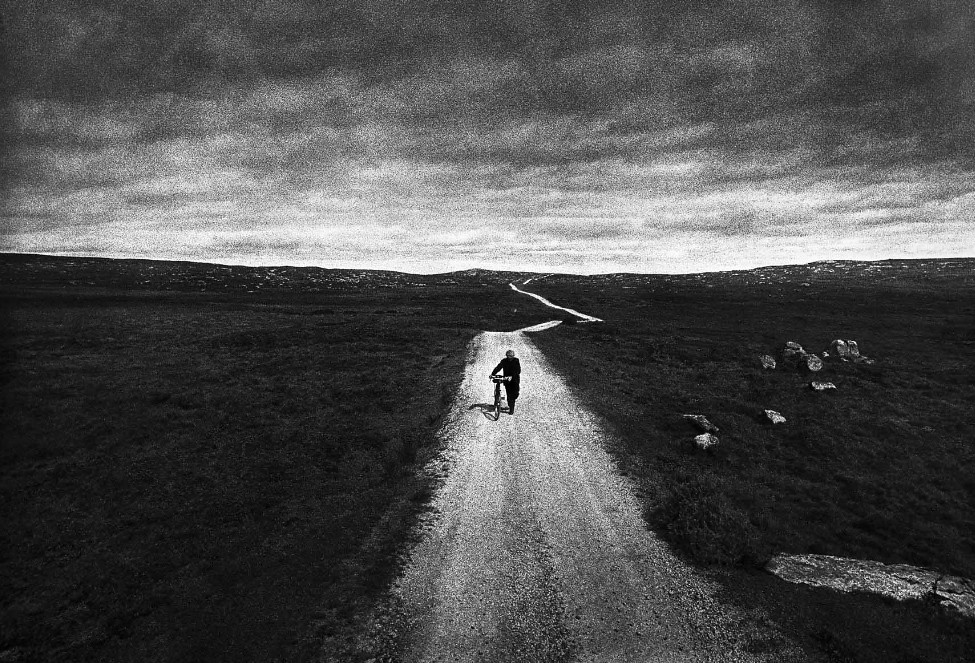I NEED THE SEA
I need the sea because it teaches me.
– Pablo Neruda
Spending this rainy afternoon preparing for the coming summer by reflecting on the last. These photos where taken sitting in the dunes, staring out into the pacific ocean. If I had swum out in a straight line, the first piece of land I would have set foot on would be South America. The slight swell landing on the shore had travelled thousands of kilometres without interruption; without human recognition. The weather was moving in from behind me, so as each line of cloud dropped it was as if by surprise. Slowly the horizon swallowed the evening light.
Watching the elements intertwine like that is one of those ever-lasting activities. The kind that remind you you are but a speck in the history of time. The kind that make you wonder about all the other beings who have marvelled at the edge of the world before you. The repeating patterns of the world pulse through you. That horizon, whether it is distinct, as in these images, or seeping into itself, is eternally calming. I am so looking forward to spending some time swimming in it this Summer.








